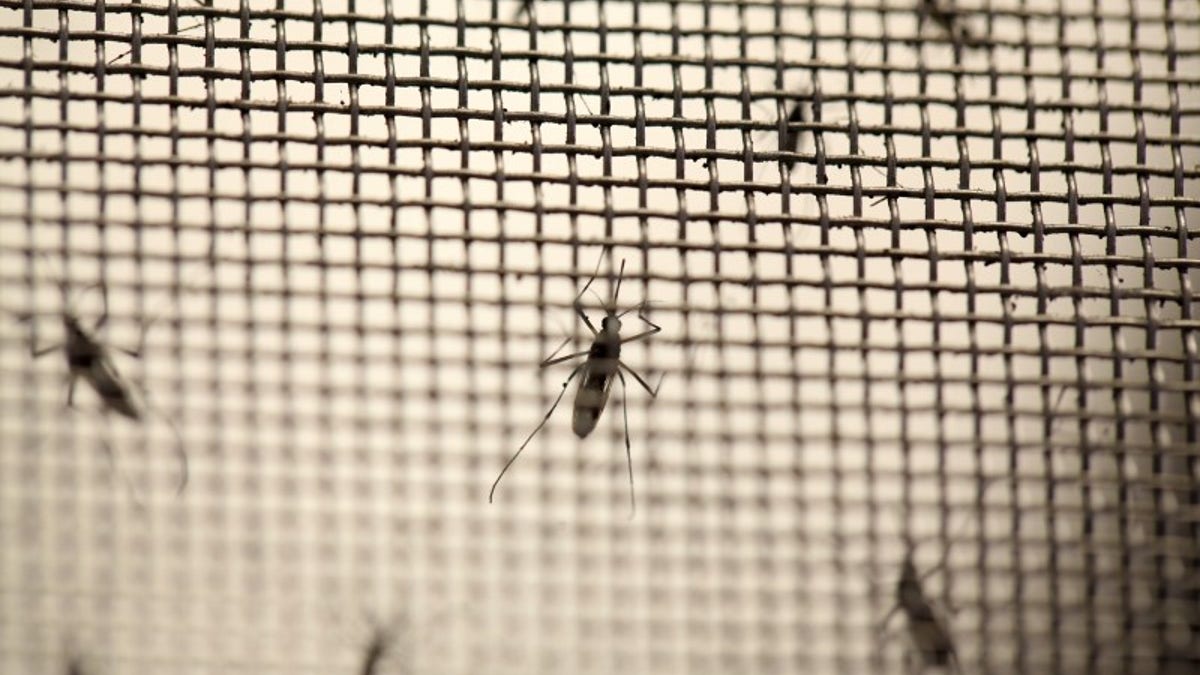
Aedes aegypti mosquitoes are seen at the Laboratory of Entomology and Ecology of the Dengue Branch of the U.S. Centers for Disease Control and Prevention in San Juan (Copyright Reuters 2016)
CHICAGO – U.S. health officials are reminding healthcare workers to use standard protective gear when delivering babies to prevent possible infection with Zika or transmission of the virus to newborns.
The Zika virus that is quickly spreading in the Caribbean and the Americas is primarily transmitted by mosquito bites, but the virus has also been detected in body fluids, including blood, urine, amniotic fluid and saliva, and several cases of sexual transmission have occurred.
Because most people infected with the virus do not have symptoms, the U.S. Centers for Disease Control and Prevention recommends that standard infection precautions be observed at all times, regardless of whether Zika is confirmed or suspected.
Such procedures include frequent hand washing, the use of personal protective equipment such as masks and double gloves, safe injection practices and safe handling of potentially contaminated equipment or surfaces.
These measures are already recommended to prevent transmission of other blood-borne viruses, such as the human immunodeficiency virus or HIV and hepatitis C virus.
In the report, CDC experts say studies have shown that healthcare personnel working in labor and delivery tend to cut corners on wearing protective gear in routine cases, citing concerns that the gear reduces dexterity and that protective goggles fog up.
But given the "theoretical risk" of infection, CDC experts said protective measures need to be taken to protect healthcare workers and infants from exposure to the virus during labor and delivery procedures.
Zika infection has been associated with microcephaly, a congenital birth defect marked by small head size and underdeveloped brains, and the precautions are meant to prevent transmission of the virus to pregnant women or to healthcare workers whose partners may be pregnant.
Zika infection has also been linked with Guillain-Barre Syndrome, an autoimmune disorder that causes temporary paralysis.
Much remains unknown about Zika, including whether the virus actually causes microcephaly in babies. Brazil said it has confirmed more than 860 cases of microcephaly, and considers most of them to be related to Zika infections in the mothers. Brazil is investigating more than 4,200 additional suspected cases of microcephaly.
